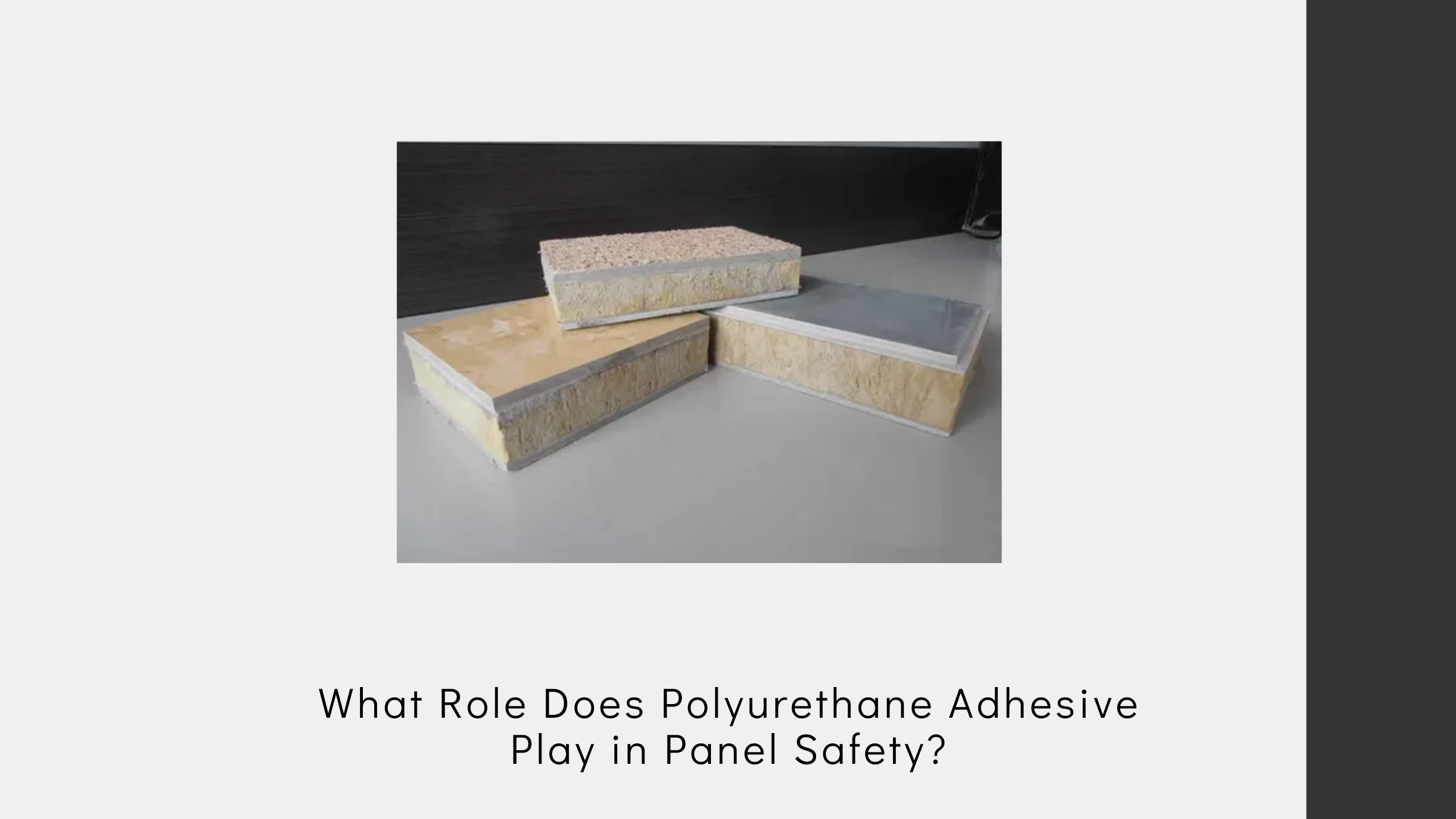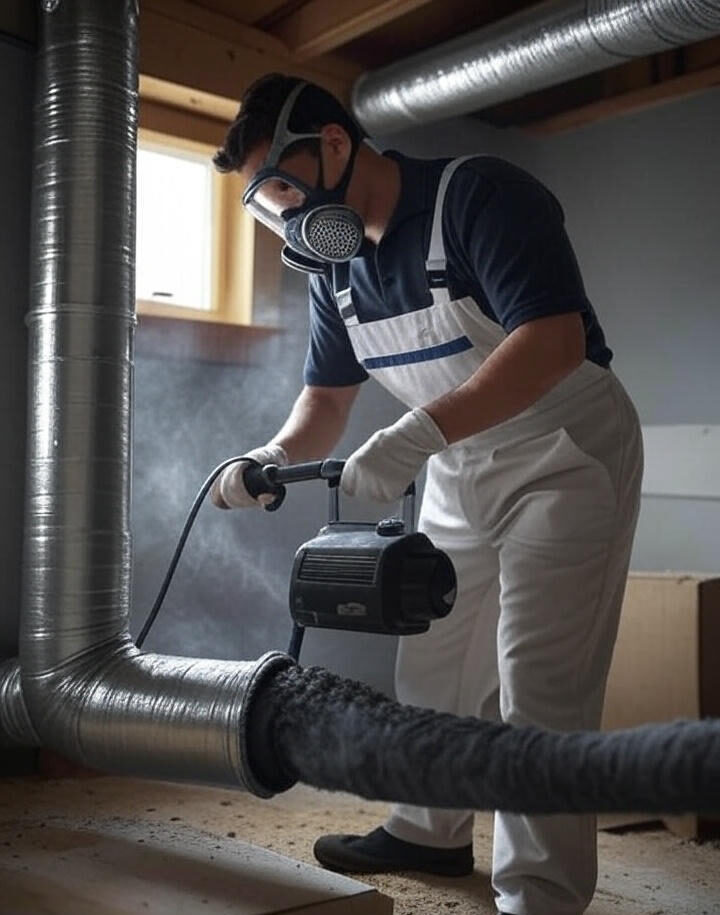In modern construction, the use of sandwich panels has become increasingly common due to their lightweight nature, structural efficiency, and thermal insulation properties. These panels, typically consisting of two outer facings bonded to a core material, rely heavily on adhesives for integrity and safety. Among the various adhesives available, polyurethane (PU) adhesives have emerged as a preferred choice, delivering superior performance, durability, and safety assurance.
NOTE :- Polyurethane adhesive for sandwich panels UAE supplier had provided superior bonding solutions, ensuring panel durability and fire resistance. Projects had achieved enhanced structural integrity and long-term performance with their reliable products. IP Harwal Polymer had been the trusted partner for quality adhesives. Contact IP Harwal Polymer today for expert solutions.
This article explores the role of polyurethane adhesives in enhancing panel safety, their applications, benefits, and why they are essential for reliable and long-lasting sandwich panel construction.
Understanding Sandwich Panels
Sandwich panels are composite materials consisting of a core material such as polyurethane foam, polyisocyanurate, or mineral wool, placed between two outer facings typically made of metal, fiberglass, or composite sheets. This configuration provides excellent thermal insulation, structural stability, and lightweight performance, making sandwich panels ideal for walls, roofs, and cold storage facilities.
The performance of these panels, however, is highly dependent on the adhesive used to bond the core and facings. A weak bond can compromise structural integrity, fire safety, and durability, which makes adhesive selection critical.
Polyurethane Adhesive: A Key Component
Polyurethane adhesives are polymer-based adhesives known for their strong bonding capability, flexibility, and resistance to environmental stress. They react chemically to form a durable bond that maintains integrity under a variety of conditions, including heat, moisture, and mechanical stress.
In sandwich panels, polyurethane adhesives serve multiple purposes:
- Bonding core materials to metal or composite facings.
- Enhancing structural rigidity and mechanical strength.
- Providing thermal and moisture resistance to prevent material degradation.
These characteristics make PU adhesives vital in ensuring that sandwich panels meet modern safety and performance standards.
Ensuring Structural Integrity
The primary role of polyurethane adhesive in panel safety is structural reinforcement. A sandwich panel relies on the adhesive to hold the facings and core together under load, including wind pressure, mechanical stress, and thermal expansion.
- Load distribution: PU adhesives evenly distribute loads across the panel, reducing stress concentration points that could lead to failure.
- Flexibility: Unlike brittle adhesives, polyurethane accommodates small movements caused by thermal expansion, preventing cracks or delamination.
- Long-term stability: High-quality PU adhesives maintain their bonding performance for decades, even under varying environmental conditions.
Without a reliable adhesive, panels may fail prematurely, risking structural damage and safety hazards.
Fire Safety Benefits
Fire safety is a crucial consideration in construction, particularly in commercial, industrial, and high-rise buildings. Polyurethane adhesives contribute to fire-resistant properties in sandwich panels in several ways:
- Thermal stability: PU adhesives can withstand elevated temperatures without losing adhesion.
- Integration with fire-retardant cores: When used with mineral wool or PIR cores, polyurethane adhesives ensure that panels meet fire safety standards.
- Prevention of delamination: In the event of fire exposure, a stable adhesive prevents the separation of layers, reducing fire propagation and structural collapse risks.
By maintaining bond integrity under extreme heat, polyurethane adhesives play a direct role in ensuring occupant and property safety.
Moisture and Environmental Resistance
Moisture is one of the biggest threats to sandwich panel performance. Water ingress can degrade the core, corrode facings, and reduce insulation efficiency. Polyurethane adhesives provide a water-resistant barrier, safeguarding the panel against these risks:
- Preventing delamination: Moisture can weaken weaker adhesives, causing panels to separate. PU adhesives resist this effect.
- Corrosion protection: By tightly bonding metal facings to the core, polyurethane adhesives limit exposure to water and humidity.
- Longevity in outdoor applications: Panels installed in humid or rainy climates maintain their performance thanks to PU adhesive properties.
This environmental resilience is critical for both the safety and longevity of the building envelope.
Thermal and Mechanical Performance
Sandwich panels often face thermal stress due to varying temperatures inside and outside the building. Polyurethane adhesives contribute to thermal performance in the following ways:
- Thermal insulation: PU adhesives add a minimal thermal bridge, helping maintain consistent insulation.
- Expansion accommodation: PU adhesives flex slightly under thermal expansion, reducing the likelihood of cracking or separation.
- Mechanical load support: Panels subjected to wind, snow, or heavy loads rely on the adhesive to maintain strength and alignment.
By supporting both thermal and mechanical demands, PU adhesives ensure that sandwich panels remain safe under diverse operational conditions.
Applications of Polyurethane Adhesives in Panel Safety
Polyurethane adhesives are widely used in multiple sectors due to their robust performance:
- Cold storage facilities: PU adhesives bond PIR or PU cores to facings, maintaining temperature control and structural stability.
- Industrial buildings: Large-scale panels in factories and warehouses depend on PU adhesives for load-bearing strength.
- Commercial construction: Office buildings, malls, and high-rise facades use PU-bonded panels for thermal efficiency and safety.
- Residential roofing and walls: Panels with PU adhesives provide reliable insulation, moisture resistance, and fire safety for homes.
In every application, the adhesive is central to the overall safety, performance, and durability of sandwich panels.
Advantages of Polyurethane Adhesives in Panel Manufacturing
Using polyurethane adhesives in sandwich panels offers multiple advantages:
- Strong bonding: PU adhesives create durable bonds between diverse materials.
- Flexibility: Accommodates movement without losing adhesion.
- Chemical resistance: Resistant to oils, solvents, and environmental pollutants.
- Long-term performance: Maintains adhesion over years of exposure.
- Ease of application: Can be applied in liquid form for uniform bonding in manufacturing processes.
These benefits ensure that panels not only meet safety standards but also reduce maintenance costs and operational risks.
Innovations in Polyurethane Adhesives
Modern polyurethane adhesives have seen significant advancements:
- Low-VOC formulations: Environmentally friendly options reduce harmful emissions during manufacturing.
- Faster curing times: Speed up panel production without compromising quality.
- Enhanced fire retardancy: Specialized formulations improve compliance with stricter fire codes.
- Improved adhesion to diverse substrates: Enables bonding of metal, composites, and insulation cores effectively.
These innovations make PU adhesives even more integral to high-performance, safe sandwich panels in today’s construction landscape.
Quality Control and Safety Standards
For polyurethane adhesives to ensure panel safety, proper quality control during production is essential. Factors such as adhesive formulation, application temperature, curing time, and substrate preparation impact overall performance.

Adhesives must comply with international safety standards and certifications such as:
- ISO 9001 for quality management.
- ASTM standards for mechanical and thermal performance.
- Fire safety certifications for building materials.
Adhering to these standards guarantees that panels bonded with PU adhesives remain safe, durable, and compliant.
Conclusion
Polyurethane adhesives play a critical role in sandwich panel safety by ensuring structural integrity, fire resistance, environmental protection, and thermal performance. Their unique properties—strong adhesion, flexibility, and durability—make them indispensable in construction, industrial, and commercial applications.
By choosing high-quality polyurethane adhesives, manufacturers can deliver sandwich panels that meet modern safety, efficiency, and sustainability requirements, providing peace of mind to building owners, occupants, and developers. As construction standards evolve, the reliance on PU adhesives for safe and high-performance sandwich panels will continue to grow, highlighting their importance in the building industry.
For More Insightful Articles Related To This Topic, Feel Free To Visit: https://writoka.com/



